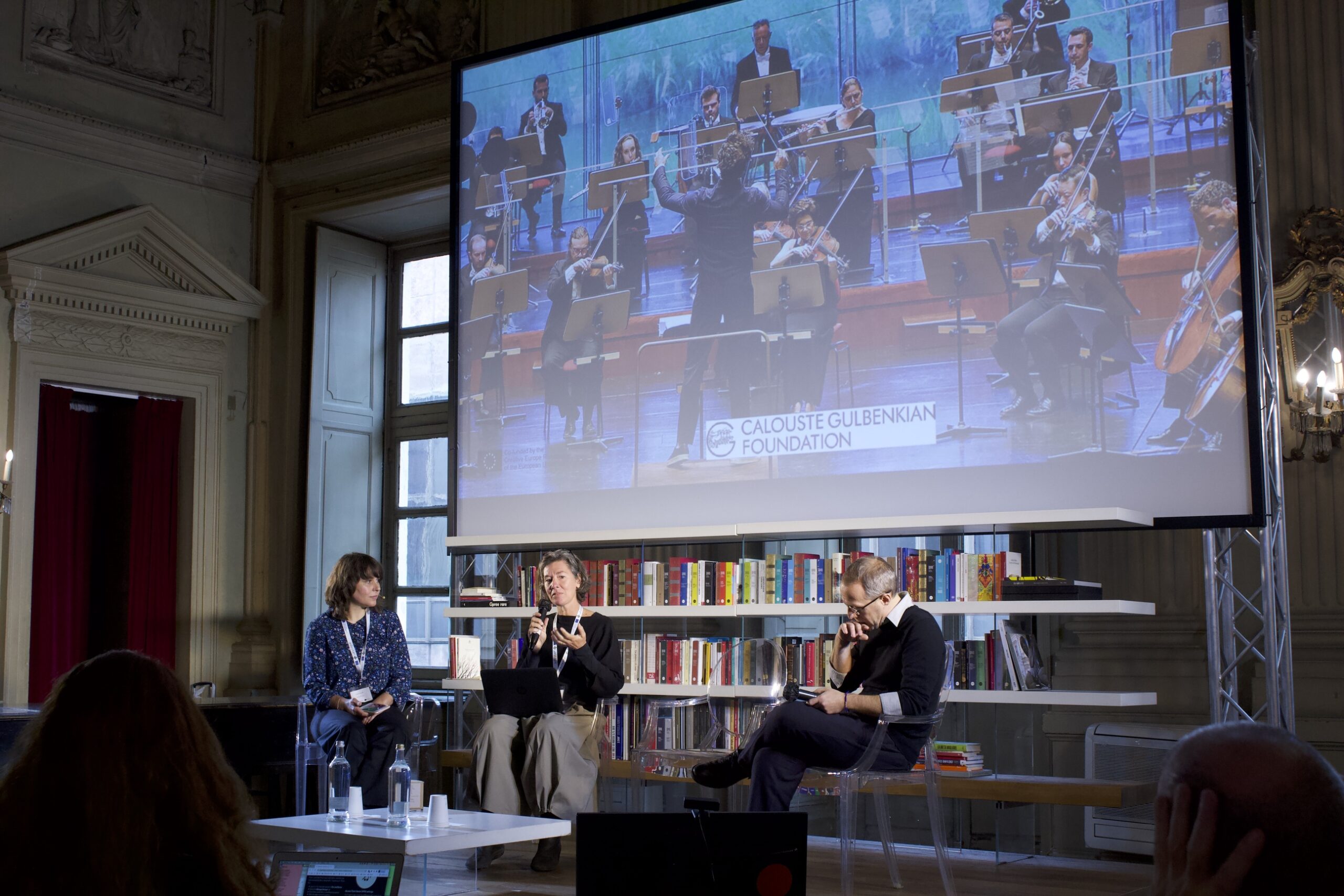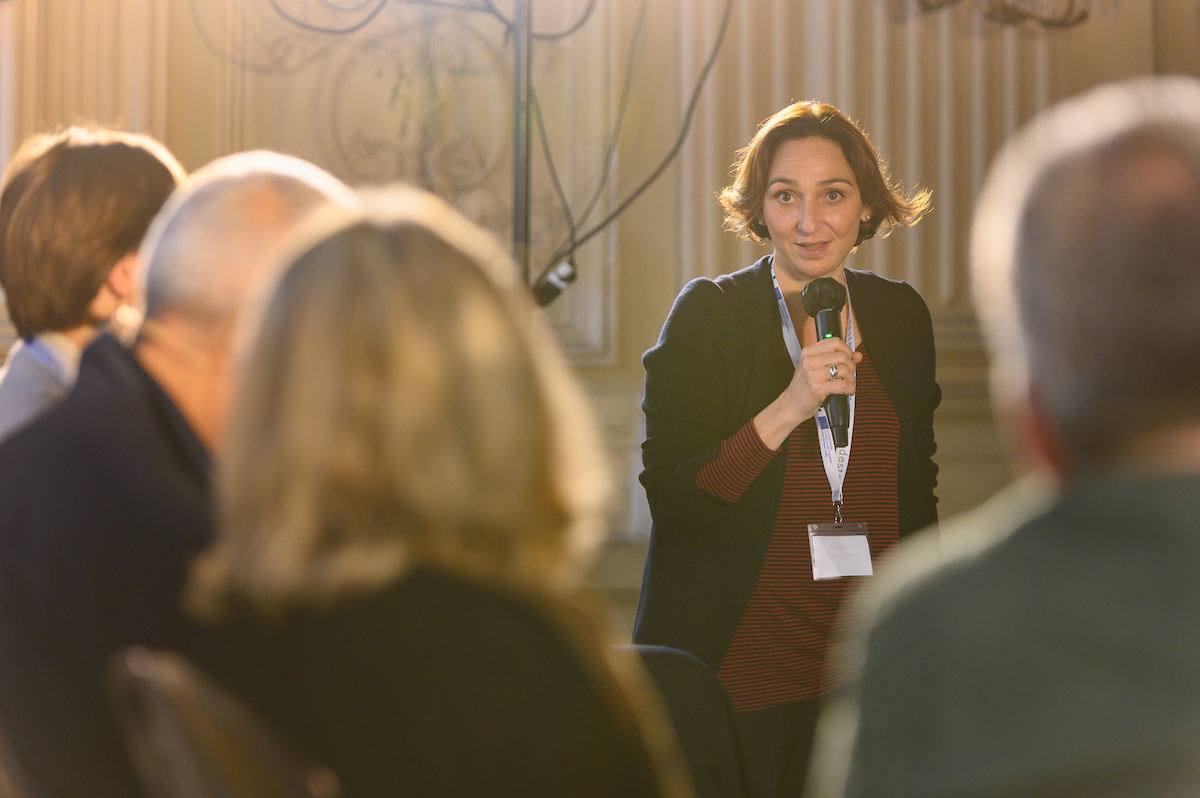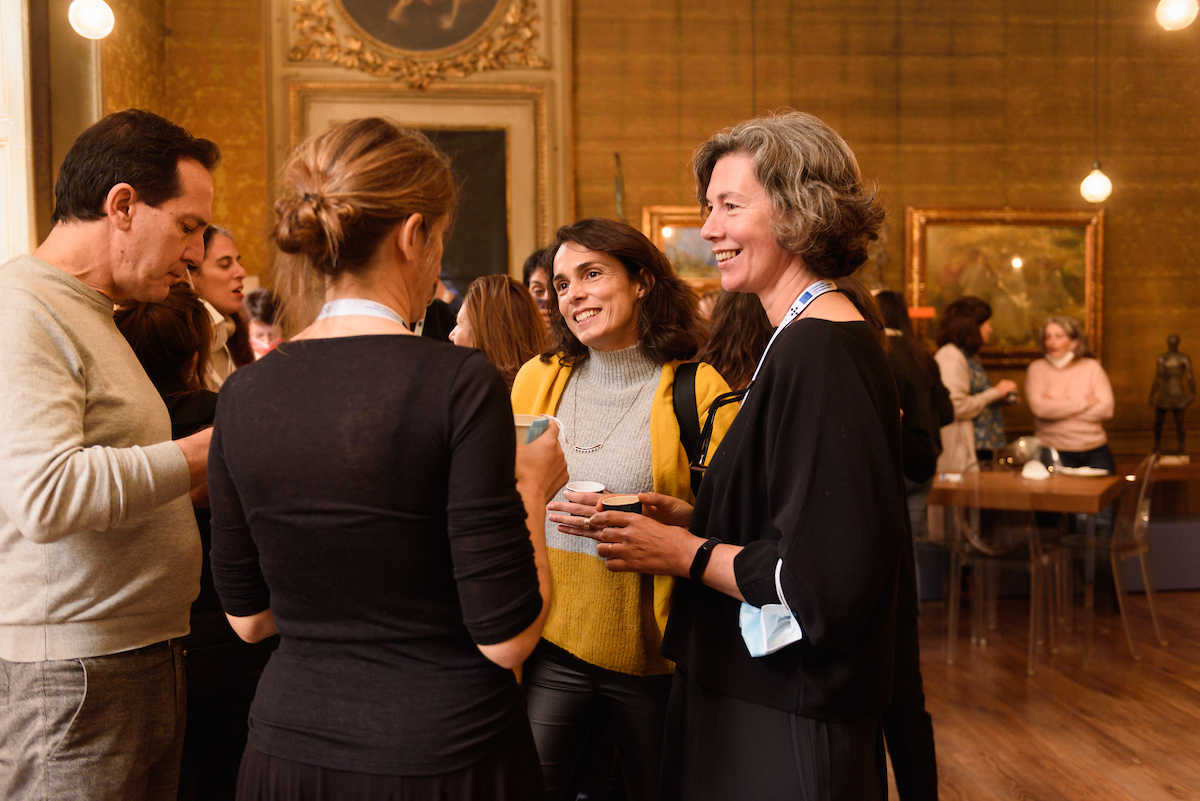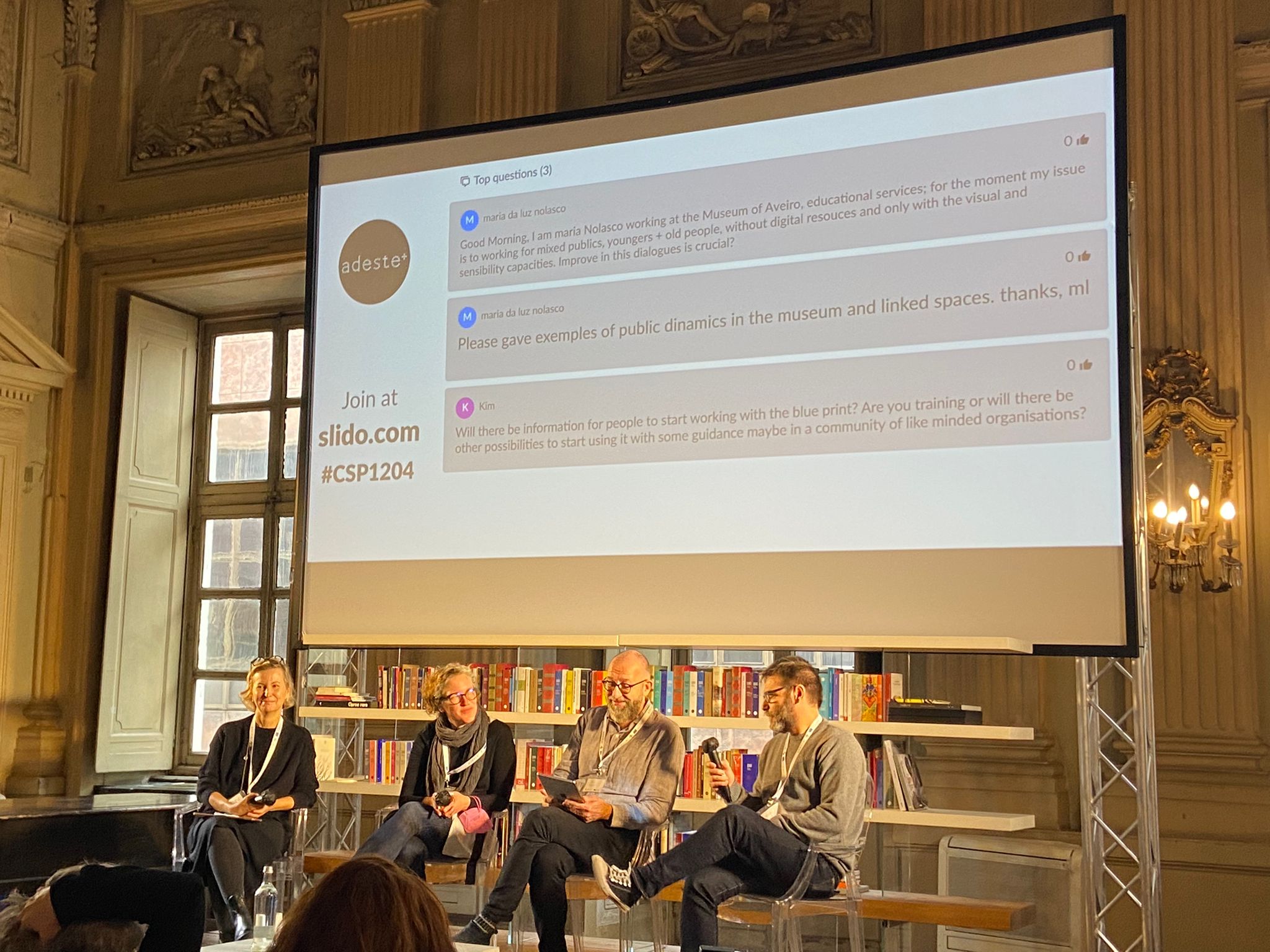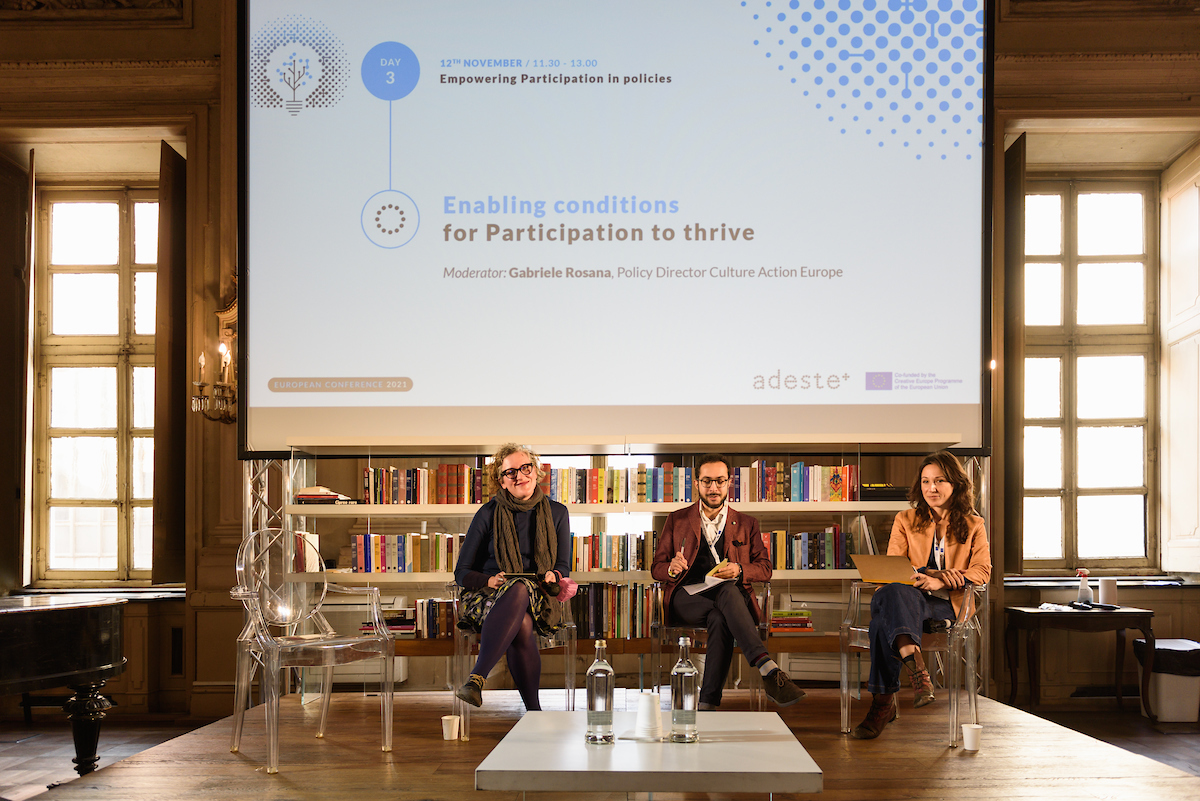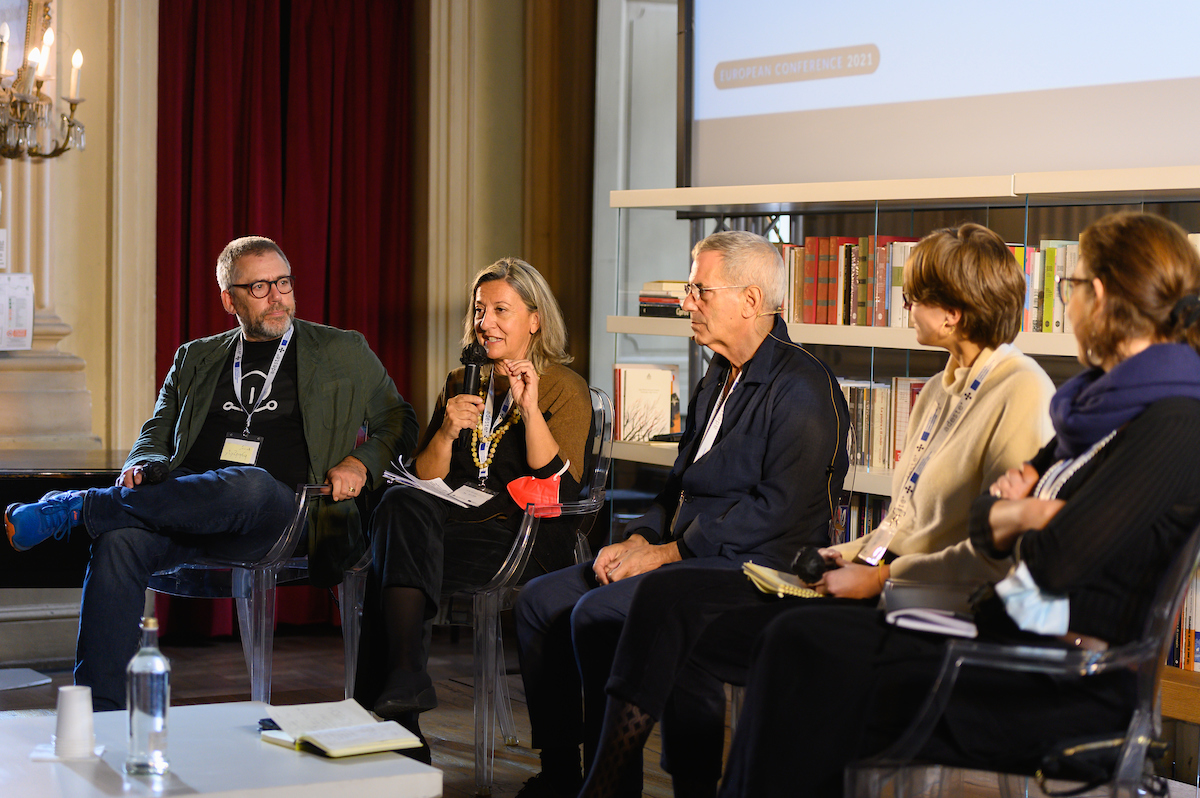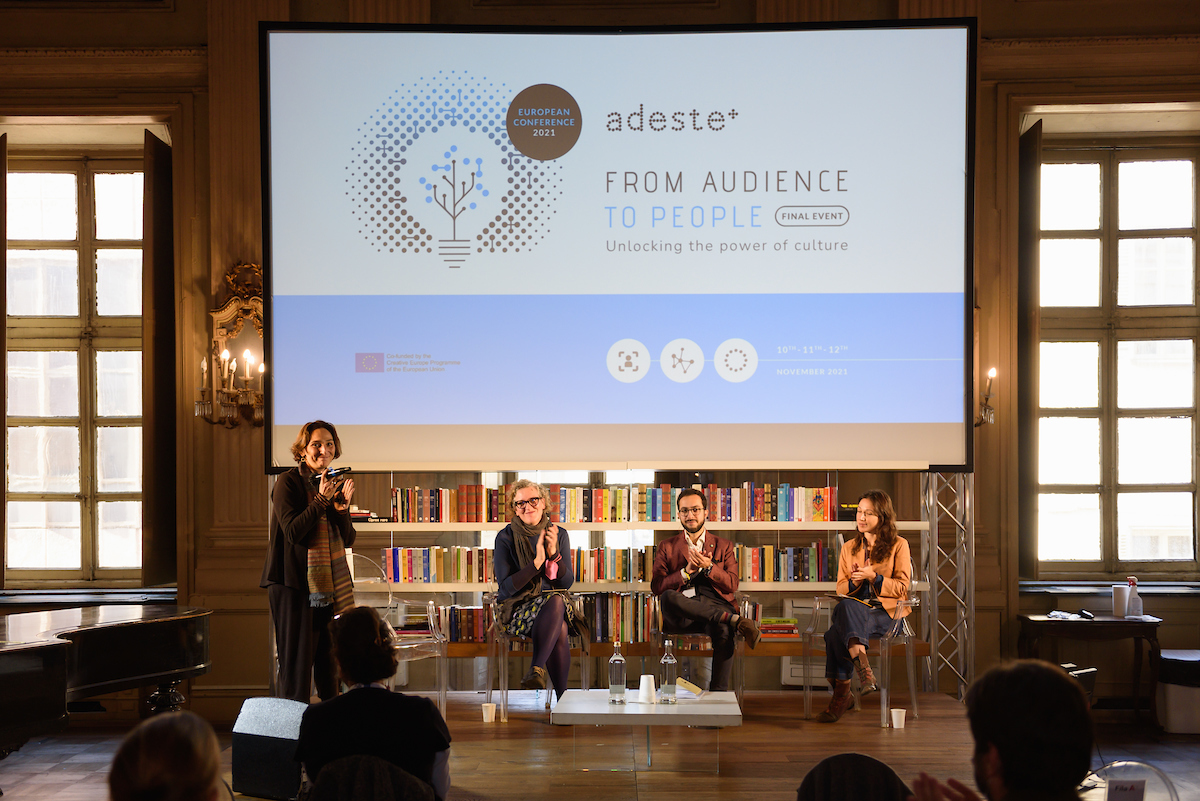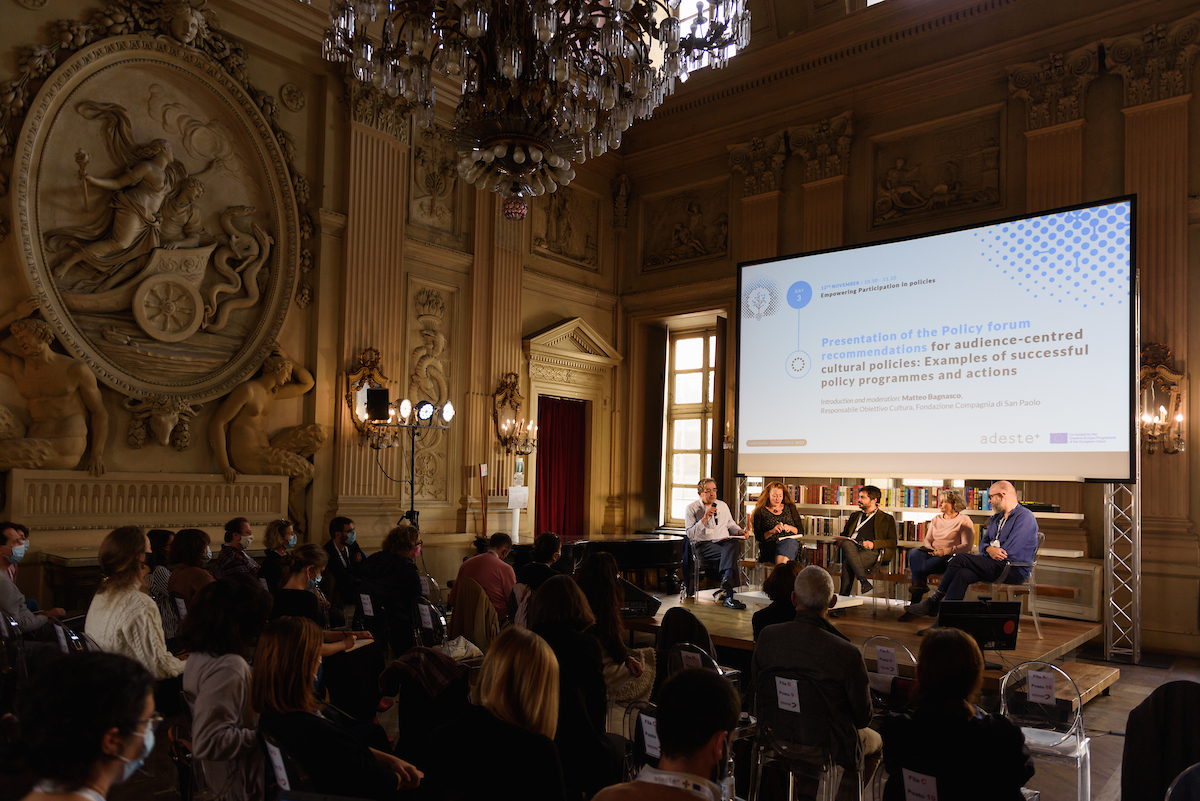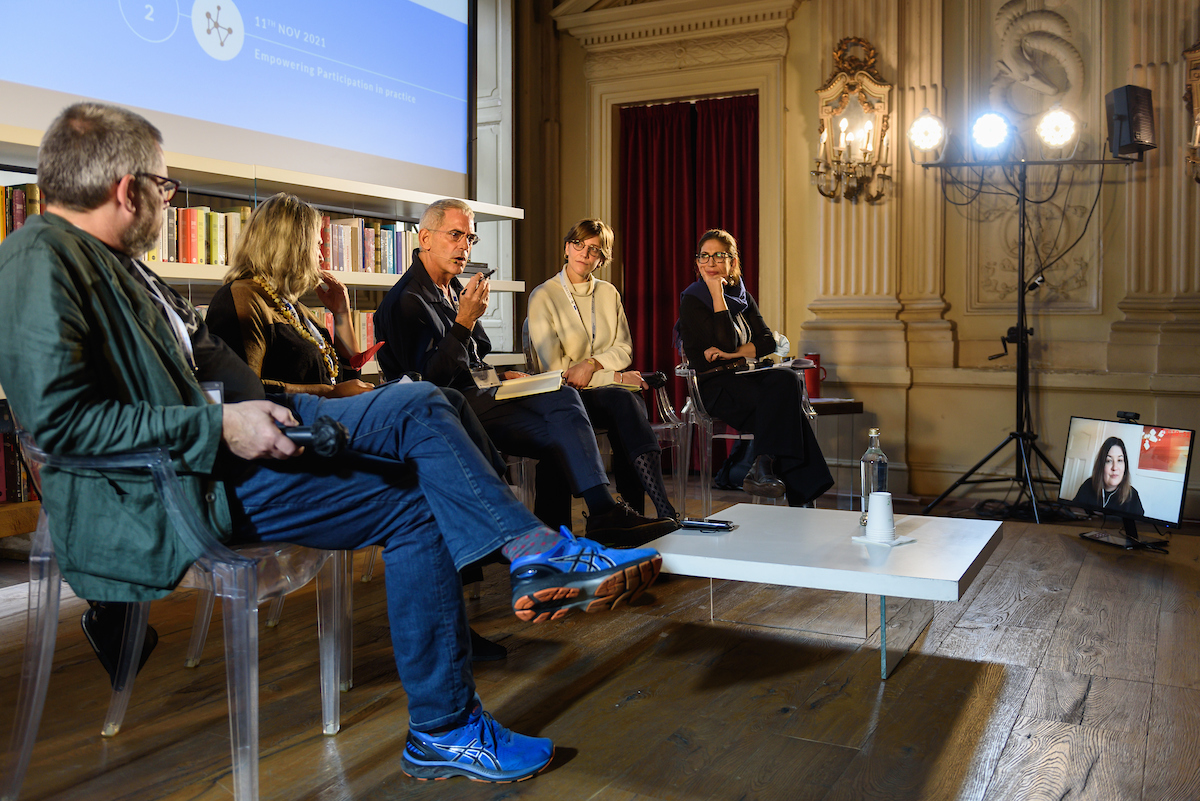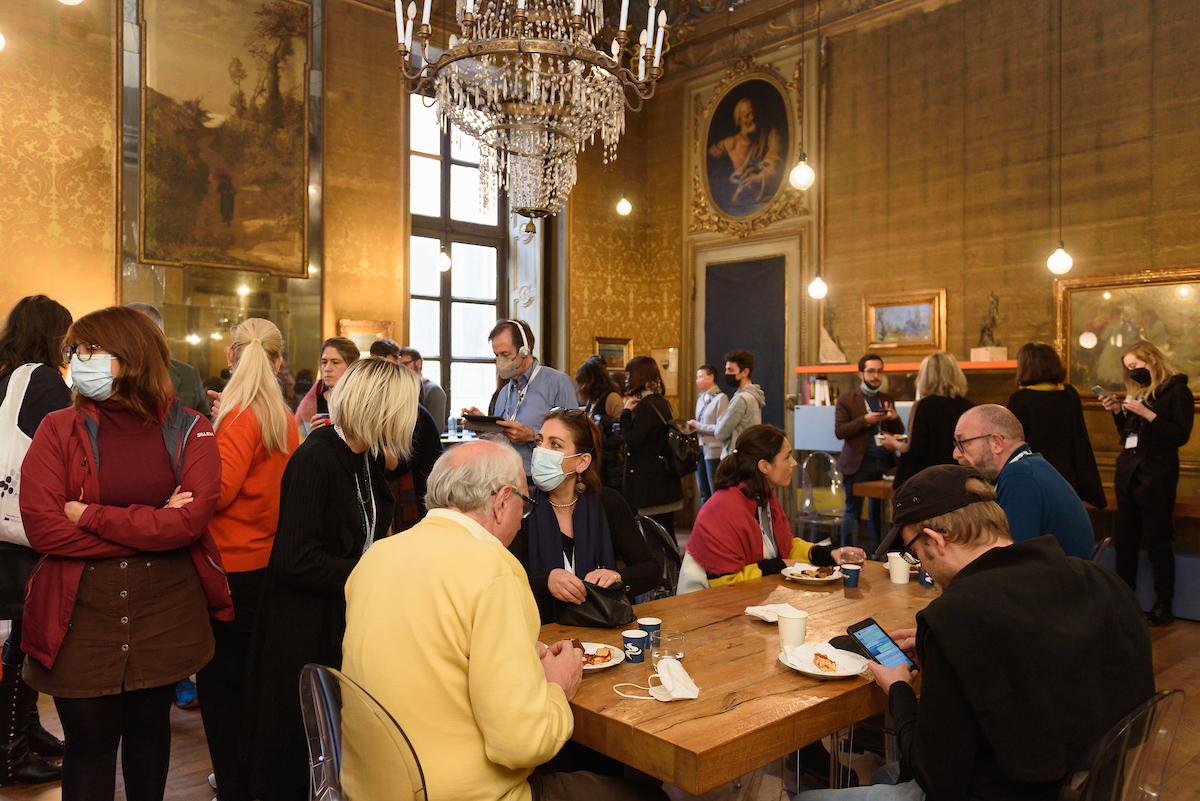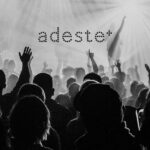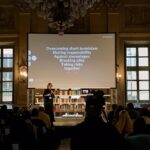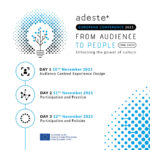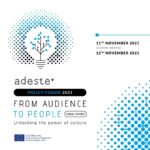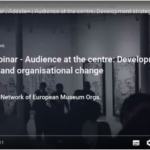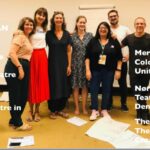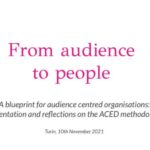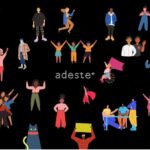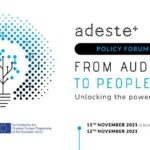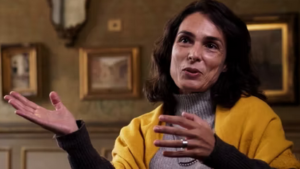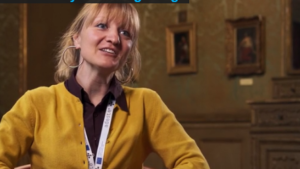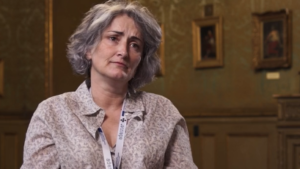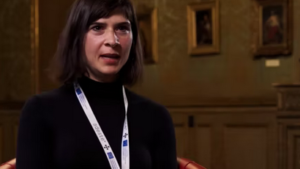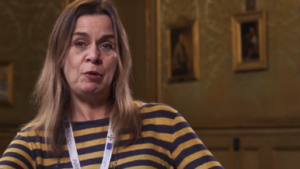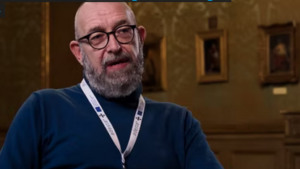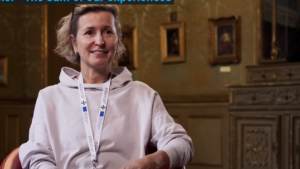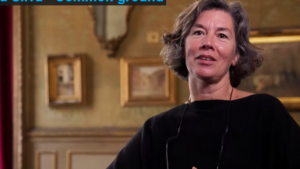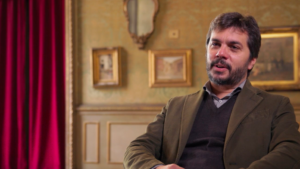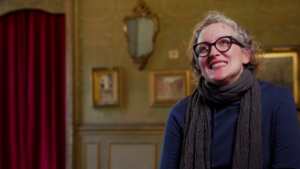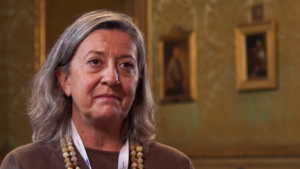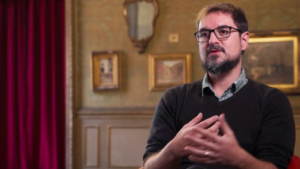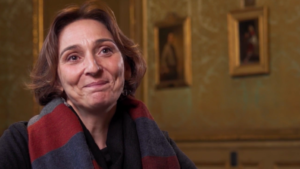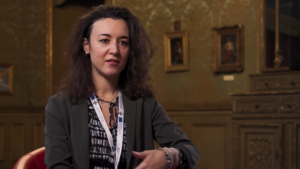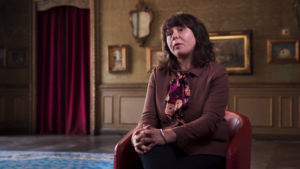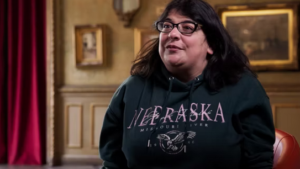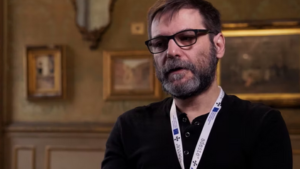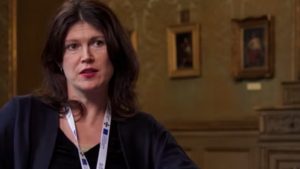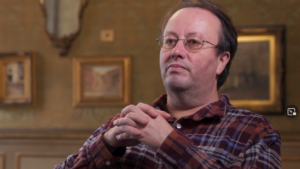
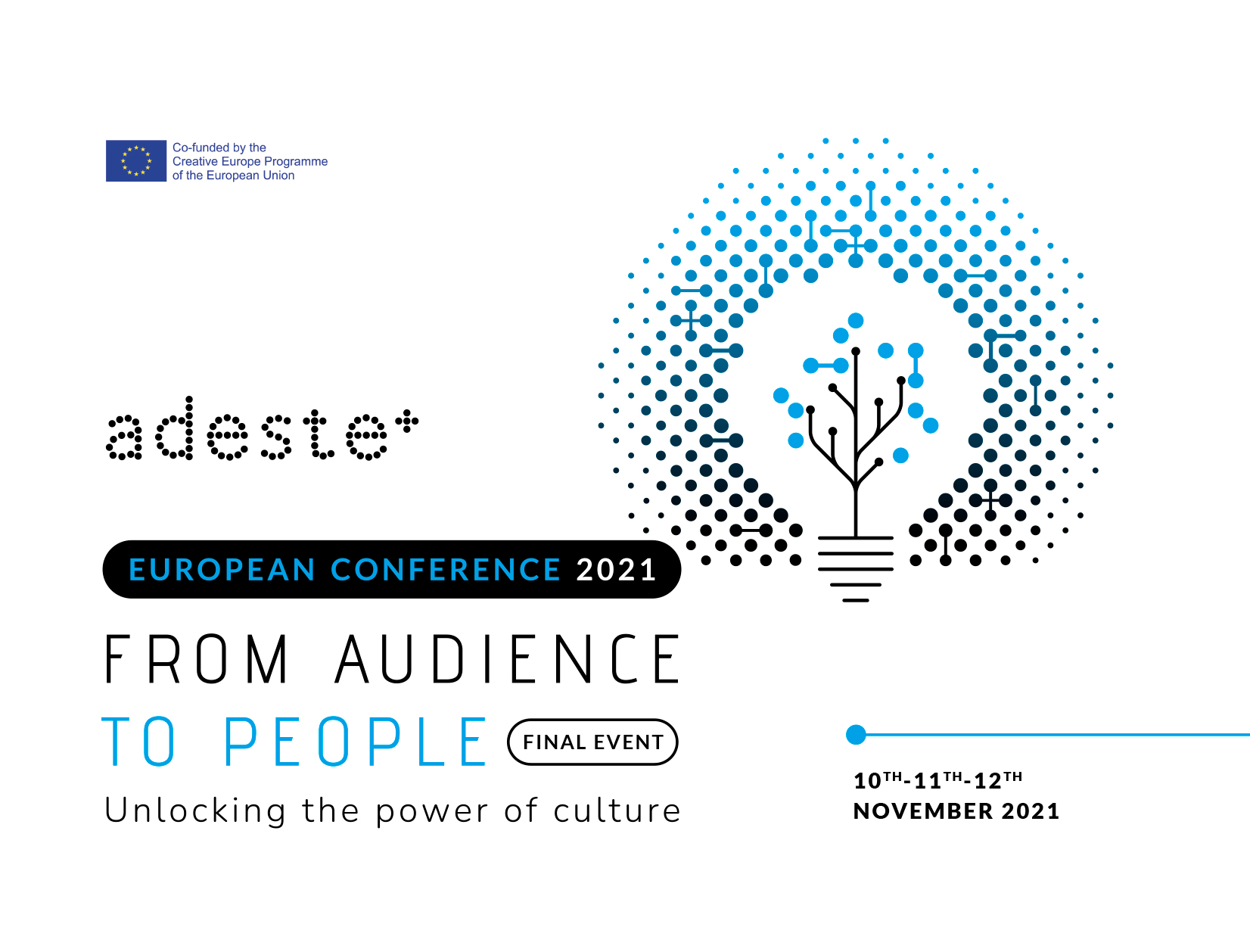
FROM AUDIENCE TO PEOPLE – Unlocking the Power of Culture was the final Adeste+ event – a European Conference and a Policy Forum that took place in November 2021. On the one hand, Adeste+ partners and keynotes met face-to-face in Turin, but on the other hand, Adeste+ articulated digital participation to catch up with cultural organisations from all over Europe and shared experiences, practices and thoughts.
As a result, the European Conference was attended by 35 speakers, 362 online participants and people in presence in Turin. Participants came from 28 different countries located on 4 continents. In total there were 14 hours of interesting debates and reflections on how to put people at the center of cultural organisations. The European Association Adeste+ advanced what the ACED model for Audience-Centered Experience Design consists of. It is a model for organisational change to help cultural organisations to become more audience-focused. The blueprint is also an online platform to guide professionals through experiences, resources and tools. It offers knowledge and solutions to help organisations to connect with their communities.
Context
Increasing cultural participation is a crucial challenge for an inclusive and open European society. Adeste+ is working to improve people’s lives through culture. ACED – Audience Centred Experience Design is a methodology for the organisational change for focus-oriented organisations.
We are a community of arts professionals, policymakers, artists and audiences that provides opportunities for anyone interested in knowing more, supporting and widening the cause of placing audiences at the heart of cultural organizations in Europe.
Summary
We are finally ready to present our Blueprint as the result of 15 partners’ efforts, after three years of developing methods to help cultural organizations become more audience-centred.
Over the course of the project, through our conferences and events, we explored several perspectives on cultural participation by starting conversations around cultural democracy, how we can define change, and how critical it is to open up cultural organizations to more diverse and active participation. Changing is hard, but not impossible.
And since the pandemic changed everything, these principles and ideas are not only still valid, but critical stepping stones to envisaging a sustainable future for Europe, with culture and creativity at the heart of it.
With this in mind, we designed our final conference.
Programme
Day 1. The Adeste+ journey
Learning, impact and legacy
First, we explored how our blueprint works, to then open a conversation on the potential of design-based approaches as “relational” tools to spark change and push individuals and organizations to shift perspectives.
10.00 – 10.20
Welcome: Matteo Bagnasco, Responsabile Obiettivo Cultura, Fondazione Compagnia di San Paolo
Introduction: Alessandra Gariboldi, Presidente Fondazione Fitzcarraldo e Adeste+ Project Leader
10.20 – 11.30
Panel: A blueprint for audience-centred organisations: Can we tackle complex issues through simple tools?
Presentation and reflections on the ACED methodology, with Adeste+ partnership.
Participants: Beata Dubiel, City of Warsaw / Antonija Letinic, Kultura Nova Foundation / Ilidio Louro, Mapa das Ideias / Simona Martini, Fondazione Fitzcarraldo / Niels Righolt, The DanishCentre for Arts and Interculture / Anne Torreggiani, The Audience Agency.
15′ break
11.45 – 12.45
Panel: Learning beyond the pandemic as challenging assumptions, taking risks, embedding a relational approach, with Adeste+ partnership.
Participants: Lorenzo Barello, Teatro Stabile di Torino / Susana Gomes Da Silva, Foundação Calouste Gulbekian / Diego Garulo, Harinera ZCZ / Dilek Latif, Mercury Theatre / Jasmina Segon, National Croatian Theatre / Julie Vejlø, Nørrebro Theatre.
Panel moderated by Antonia Silvaggi, MeltingPro
12.45 – 13.30
Panel: People-centred approaches as the path for sustainable culture.
Moderator: Lisa Baxter, The Experience Business founder.
Day 2. Empowering participation in practice
Learning from each other
Second, the conference gathered some of the long-standing European-funded projects that, in the frame of the European priority on “audience development”, have tackled the same issue as Adeste+ but from slightly different perspectives. Whether through artistic co-creation, digital strategies, storytelling, participatory approaches to organisational innovation, we all have explored, tested and reviewed different solutions to answer the same challenges. The learning from these experiences must is the starting point for a shared understanding of what is needed to foster cultural participation in the future.
10.00 – 10.10
Welcome: Sandra Aloia, Responsabile Missione Favorire Partecipazione Attiva, Fondazione Compagnia di San Paolo.
10.10 – 10.25
Participative Warm-Up.
10.25 – 11.50
Cooperation projects: What are the keys to participation?
Introduction: Representative of EU commission: Fiona Deuss Frandi (online), Project adviser, Selection coordinator.
Support to European cooperation projects, Monitoring coordinator EACEA
Panel: Learning from European projects and initiatives.
Moderator: Inês Camãra, Adeste+
Participants: Project coordinators of other European Commission funded initiatives: Britta Lerch (online), Smartplaces / Claudia di Giacomo, FaBULAMUNDI / Airan Berg, Orfeo & Majnun / Giuliana Ciancio, BeSpectActive! / Tanja Kalčić, ECoC Rijeka2020.
Q&A from the community.
15′ break
12.15 – 13.30
Roundtable: What’s next? Directions for the future of participation from practice and how to make a bridge to policies.
Moderator: Chris Torch, independent cultural expert and curator.
Participants: Project coordinators of the invited EU funded projects: Alessandra Gariboldi, Adeste+ / Cristina da Milano, FaBULAMUNDI / Giuliana Ciancio, BeSpectActive! / Britta Lerch (online), Smartplaces / Airan Berg, Orfeo & Majnun / Célia Grau, Opera Europa / Roshnara Corby, RESEO.
Closes: Representative of EU commission (online).
Day 3. Empowering Participation in policies
Turning European values into practice
Finally, research and practice are fundamental, but no change is possible without policies. What is the future of cultural participation in cultural policies like? A set of recommendations for supporting the cultural sector in fostering participation presented and discussed by experts and policymakers, looking for the right conditions to turn the European values into practice.
10.00 – 10.10
Welcome: Matteo Bagnasco, Responsabile Obiettivo Cultura, Fondazione Compagnia di San Paolo.
10.10 – 11.10
Presentation of the Policy forum recommendations for audience-centred cultural policies: Examples of successful policy programmes and actions.
Introduction and moderation: Matteo Bagnasco.
Presentation in dialogue with Adeste+ partnership.
Participants: Anne Torreggiani, The Audience Agency / Inês Câmara, Mapa das Ideias / Niels Righolt, Center for Kunst & Interkultur / Franco Bianchini, Fondazione Fitzcarraldo.
20’ break
11.30 – 13.00
Debate: Enabling conditions for Participation to thrive.
Moderator: Gabriele Rosana, Policy Director Culture Action Europe.
Participants: Piera Castagnacci, Culture delegate Città di Genova / Antonija Letinic, Kulturanova Foundation / Alessia Zabatino, policy adviser / Lidian Fleers, Fonds Voor Cultuurparticipatie / Walter Zampieri (online), DG Education and Culture Head of Unit: Cultural diversity and innovation.
13.00 – 13.30
Conclusions and Farewell.
The Adeste+ journey
From audience to people. Unlocking the power of culture just wasn’t the Adeste+ European Conference 2021, it was an opportunity to openly discuss together what is needed to unlock the power of culture in Europe and make it more relevant and accessible to citizens and communities. Therefore, the first day of the #adestefinalconference was dedicated to the Adeste+ journey, its learnings, impacts and legacy.
Empowering Participation in practice
In the second day, the conference gathered some of the long-standing European-funded projects that, in the frame of the European priority on “audience development”, have tackled the same issue as Adeste+ but from slightly different perspectives. Whether through artistic co-creation, digital strategies, storytelling, participatory approaches to organisational innovation, we all have explored, tested and reviewed different solutions to answer the same challenges. The learning from these experiences must be the starting point for a shared understanding of what is needed to foster cultural participation in the future.
Empowering Participation in policies
Finally, research and practice are fundamental, but no change is possible without policies. What is the future of cultural participation in cultural policies like? A set of recommendations for supporting the cultural sector in fostering participation were presented and discussed by experts and policymakers, looking for the right conditions to turn the European values into practice.


